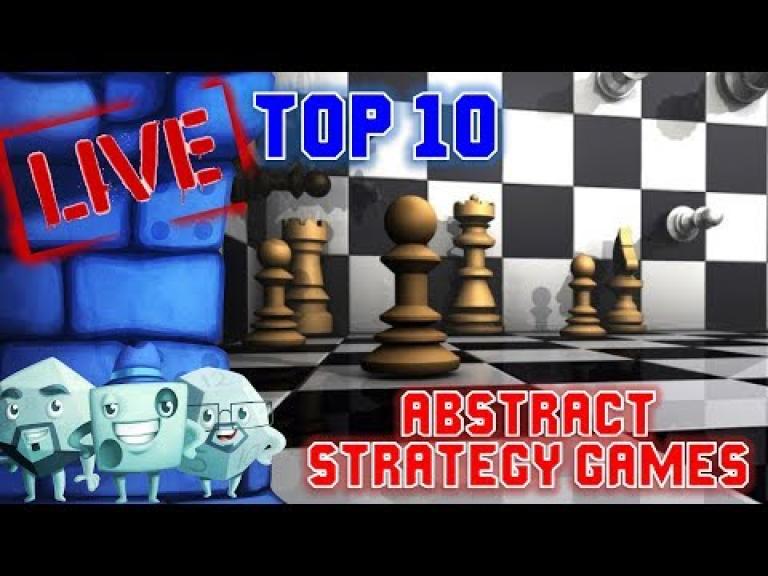Sagrada

Sagrada
Sagrada is a Spanish learning game with German as the source language.
Summary
The players of Sagrada focus on two goals: First, they want to learn or revise the core vocabulary of Spanish nouns (about 800 words). Second, the players want to complete the unfinished church La Sagrada Familia. Towards this end, each player gets a number of jigsaw puzzle pieces which they have to buy during the game. The required money is earned by trading in language cards and asset cards. The game ends when one player has bought and laid out all their puzzle pieces and also manages to correctly solve five of the language cards he/she has collected during the game.
The game mechanics in more detail
A die determines the players' movement on the game board. The board contains the following types of spaces:
Event spaces and special spaces: The player draws a card from the corresponding stack. Event cards must be played immediately, special cards can be kept until needed.
Attraction spaces: The player receives an asset card of the corresponding tourist attraction. Different attractions have cards worth different amounts of money.
Language spaces: The player gets a language card, which they have to learn during the game. Each language card contains two different words or phrases in German and Spanish.
Metro spaces can be used either as a shortcut to a different metro space, or as an event, special or language space (player's choice).
Bank spaces: On a bank space, the player can exchange asset and language cards for money. To do so, they must have learned the language cards. During an exchange attempt, one asset card and two language cards are submitted. The German words are read out, and if the active player correctly translates them to Spanish, he/she receives the amount of money specified on the asset card. If they fail, they get back their cards and can try again later.
Casa de Pledras spaces: The player can pay for one of his puzzle pieces to be added to the puzzle that is laid out on the table (all players contribute to one puzzle).
Summary
The players of Sagrada focus on two goals: First, they want to learn or revise the core vocabulary of Spanish nouns (about 800 words). Second, the players want to complete the unfinished church La Sagrada Familia. Towards this end, each player gets a number of jigsaw puzzle pieces which they have to buy during the game. The required money is earned by trading in language cards and asset cards. The game ends when one player has bought and laid out all their puzzle pieces and also manages to correctly solve five of the language cards he/she has collected during the game.
The game mechanics in more detail
A die determines the players' movement on the game board. The board contains the following types of spaces:
Event spaces and special spaces: The player draws a card from the corresponding stack. Event cards must be played immediately, special cards can be kept until needed.
Attraction spaces: The player receives an asset card of the corresponding tourist attraction. Different attractions have cards worth different amounts of money.
Language spaces: The player gets a language card, which they have to learn during the game. Each language card contains two different words or phrases in German and Spanish.
Metro spaces can be used either as a shortcut to a different metro space, or as an event, special or language space (player's choice).
Bank spaces: On a bank space, the player can exchange asset and language cards for money. To do so, they must have learned the language cards. During an exchange attempt, one asset card and two language cards are submitted. The German words are read out, and if the active player correctly translates them to Spanish, he/she receives the amount of money specified on the asset card. If they fail, they get back their cards and can try again later.
Casa de Pledras spaces: The player can pay for one of his puzzle pieces to be added to the puzzle that is laid out on the table (all players contribute to one puzzle).
Player Count
2
-
4
Playing Time
60
Age
0
Year Released
2007
